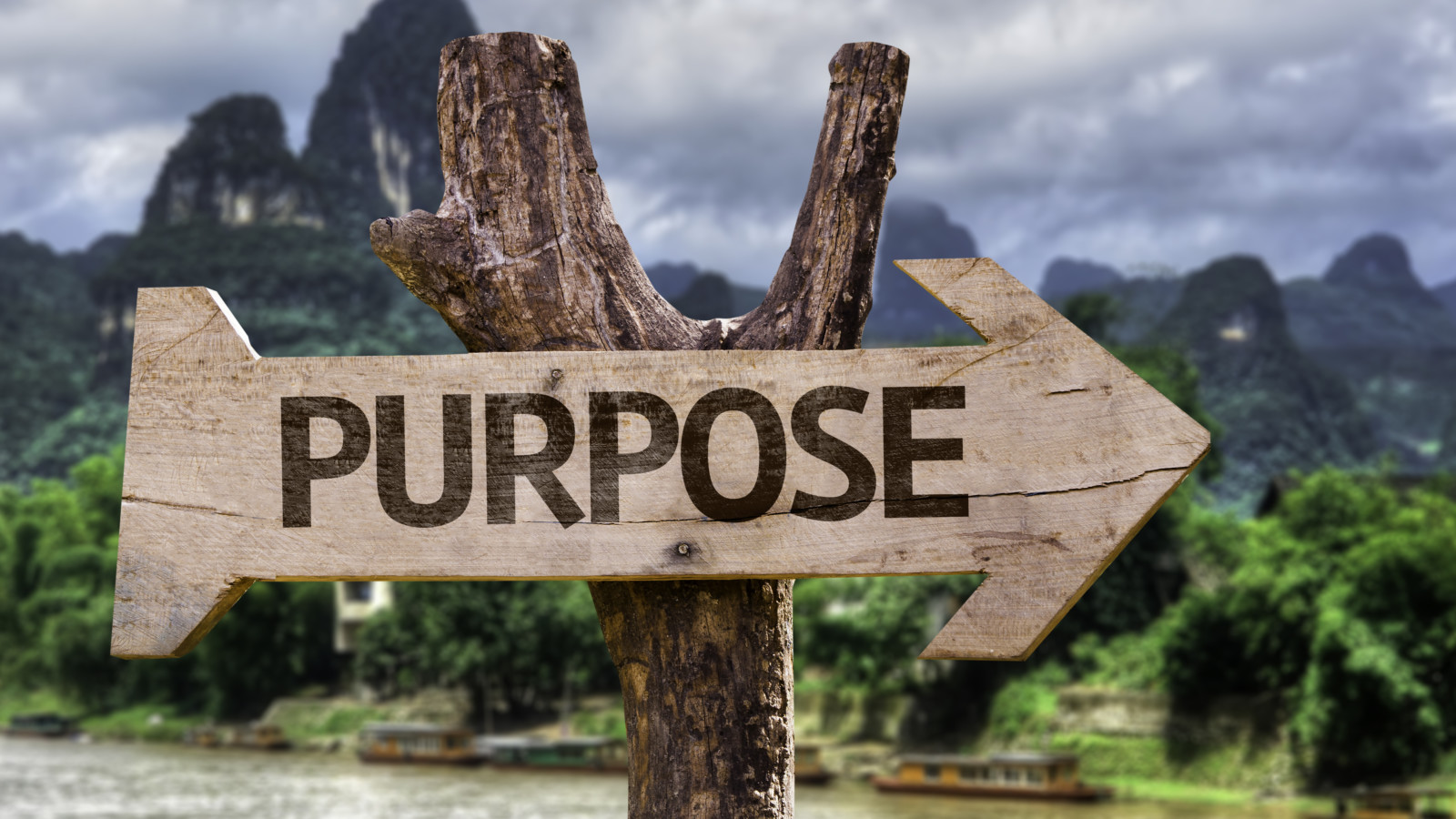Why are we in business? COVID has made many high-level leaders ponder that question. “Every single, long-held belief has been thrown out of the window.” That’s the view of the San Francisco based CEO of Tradeshift, Christian Lanng, as he reflects on the year of the pandemic.
As the world locked down, he was resigned to new business falling off a cliff. He needn’t have worried. The phones started ringing off the hook. His digital supply chain business signed up more new customers in six weeks than they had done in the previous five years.
“A lot of our customers simply found out overnight that they thought they were digital but all they had truly done was put a glossy digital layer on top of 30 years of business crust. That was a massive wake-up moment,” says the Danish born boss who relocated to the West Coast eight years ago.
For Lanng and many other CEOs, the disruption of the last year has been cathartic. Once again, it brought many leaders face to face with the existential question: “What is the point of big business?”
Back in 2019 BC (before COVID), corporate America made a declaration of intent. It didn’t make much news. Now it seems prophetic. The CEOs from 181 companies, under the banner of “The Business Round Table,” proclaimed they’d re-defined the purpose of the corporation. Maximizing shareholder value, once described by Jack Welch as “the dumbest idea in the world,” was no longer the sole goal of corporations. It was to be shredded in every C-suite in the land.
“The American dream is alive but fraying,” claimed Jamie Dimon, CEO of JP Morgan Chase. Given that reality, he believes the purpose of business now should be to look beyond the short-term dollar and support an economy that serves all Americans.
For many, the pandemic accelerated the search and belief in a higher purpose for business. It also shook the loyalty of many co-workers who brought face to face with their own mortality now wonder, “Is this really what we were put on the planet to do?”
Marian Salzman is the Senior Vice President of Global Communications at Philip Morris International—once famous for the Marlboro Man. She’s leading efforts to switch the business to a smoke free future. A future free of cigarettes.
She is a wise veteran from the world of mad men and mad women of Manhattan advertising. “Corporate purpose is no longer a line or two to emblazon on a website and forget about; it now sits at the heart of the business, serving as a guide for big decisions,” she says.
The pandemic has forced business leaders and the public to think different about corporate philanthropy. When a company sets up a fund to cover the basic needs of its employees and their families during the crisis—as Booz Allen, Comcast and others have done—is it philanthropy? Or is it a new form of employee-based universal basic income? When Crocs donates 10,000 pairs of shoes to healthcare workers, is it philanthropy? Or is it product placement or a thank you gift to some of its most loyal customers? When Rolls-Royce, Airbus and Microsoft team up to produce ventilators, is it philanthropy? Or is it an evolution of the sort of private–public partnerships we haven’t seen since GE teamed up with NASA on Apollo 11?
For years there has been a threat that consumers will vote with their wallets to back companies they believe in and punish those they don’t. COVID may have vastly accelerated that trend and sparked a new enlightened age of purpose.
Leena Nair is the Chief Human Resources Officer at Unilever, the multinational famous for some 400 household name brands from Ben & Jerry’s to Brylcreem.
“Our three beliefs are: companies with purpose last, brands with purpose grow and people with purpose thrive,” says Nair. “Purpose has truly been elevated because when you are anxious, when you are worried, when you are not sure, the only thing that keeps people going is this higher purpose of doing meaningful work in the world. This time has elevated purpose like no other.”
Unilever distributed millions of bars of free soap during the pandemic. In Africa, the company converted warehouses into intensive care units. They bought a quarter of a million COVID-19 tests and donated them to the poorest countries. In Chile and Ecuador, they converted company vehicles to ambulances and made ventilators on factory lines.
Osvald Bjelland, the CEO of the Xynteo consultancy, spent a lot of the last year locked down in a farmhouse in the west of Norway. In normal times, he’s immersed with global business leaders helping them define their purpose. He believes the reach, power and influence of multinationals is greater than governments.
“Out of the 100 largest economic units in the world, 67 are private companies,” he notes. “So, in order to change the world, I focus on large multinational companies like Shell, Unilever and Mastercard… Can Scania reinvent transport? Can Shell change the world’s energy? Can Unilever reform the food supply? This is the route to change.”
Sally Osman sees duty and purpose from a different angle. She was an advisor to the British Royal Family, long before they were rocked by Meghan, Harry and Oprah.
“There has been so much talk of purpose in recent years,” she says. “But this is a reckoning, a moment of truth when organizations will be judged on giving purpose real meaning through action not words.”
The evangelists of purpose believe it will be essential for winning the hearts and minds of consumers, employees and investors in the future, after COVID is no longer a critical health threat. The consensus is that we are at a corporate crossroads. The true test is whether that appetite remains after injections beat infections.


